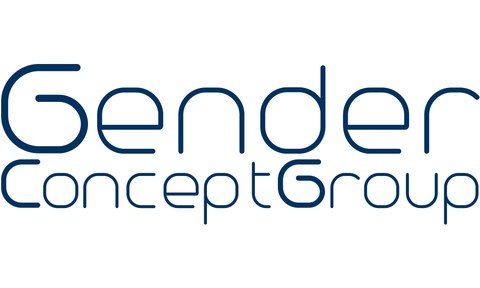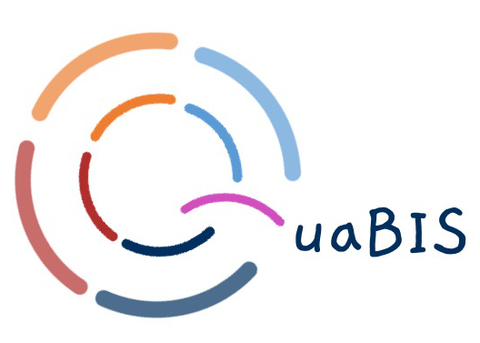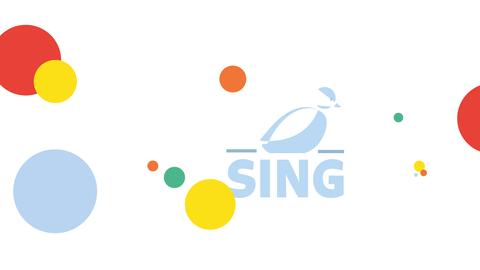Projects
Research projects
GenderConceptGroup
The GenderConceptGroup (GCG) is a cooperation of professors of the School of Humanities and Social Sciences at Technische Universität Dresden who have a focus on Gender Studies in their respective disciplines. The pooling of research in the GenderConceptGroup results from the self-conception of Gender Studies, which has been interdisciplinary since its beginnings – following its objective to research the complex significance of gender in all areas of life.
GCG’s Digital Gender
The Digital Gender Project, launched in the summer semester of 2020, addresses the point where innovative concepts of artificial intelligence intersect with outdated notions of gender. Many of the objects surrounding us in everyday life have an obvious gender dimension, most of which exacerbates existing inequalities.
This project links gender research in the humanities and social sciences with educational research and STEM subjects. It researches the interaction between gender and the digital world. “Digital gender” focuses on everyday aspects of digitalization and also examines alternative concepts from fiction. The aim is to systematically work out to which extent technological upheavals associated with digitalization lead to a renegotiation of gender relations. In addition, the project has a practice-oriented perspective with the goal of accompanying digital transformation in schools.
QuaBIS
This project for the qualification of education professionals in Saxony empowers and trains people with a so-called “cognitive impairment” as educators, so they can help shape the teaching at universities. The focus of this qualification is not the disability of the prospective Education and Inclusion Officers. The focus is on the course of studies and the chance this offers to use, develop and utilize individual potential at universities without hindrance.
SING
The collaborative project Sing – Creating Inclusive Schools combines perspectives from teaching methodology and vocational didactics with special-needs education. The aim is to train student teachers in developing inclusive classroom teaching that supports and empowers each student in their development as effectively as possible.
GAP - “Gender Ratios in ESF higher education and research projects”
The junior research group GAP is investigating reasons for unequal gender representation in projects funded by the European Social Fund (ESF) in Saxony. During the last funding period of the ESF (2014 – 2020), the targeted gender ratio was missed by a large margin. Around two-thirds of ESF funding was received by men, compared to one-third of funding allocated to women. The project group is exploring which reasons lie within the higher education system and aims to infer recommendations for action for higher education institutions or programs to address the causes.



